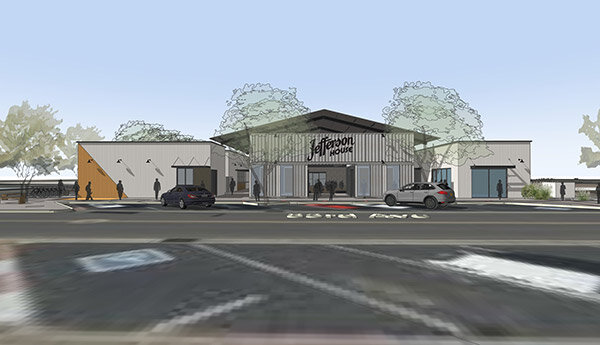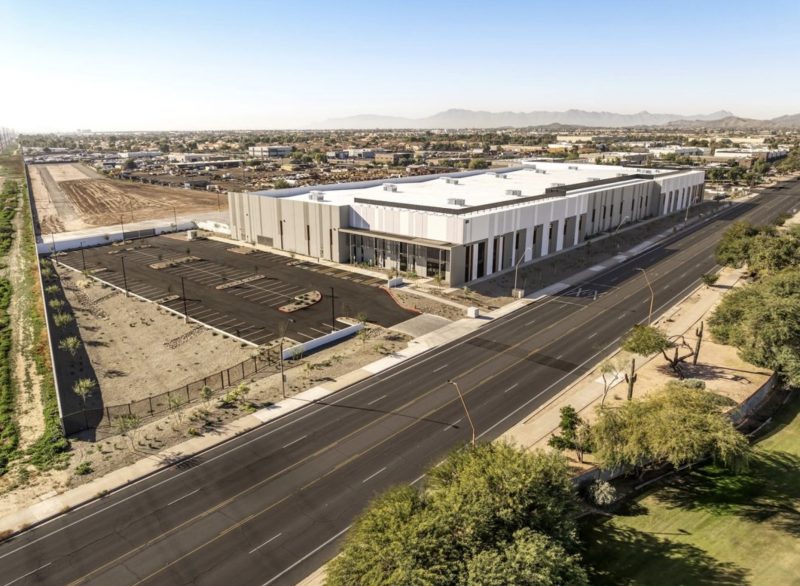
By Jonathan Udell, Attorney at Rose Law Group
In the several weeks since the CARES Act became law, attorneys and business analysts across the country have spilled oceans of ink analyzing its Paycheck Protection Program (“PPP”). And for good reason. Its forgiveness provisions represent an unexpected and unprecedented development. However, the all-consuming focus on this program loses sight of the fact that many American businesses simply cannot tap its funding.
To that end, the Federal Reserve jumped into the fray yesterday, offering potential much-needed relief to a large swath of our economy. Pursuant to Section 40003 of the CARES Act, Congress allocated at least $454,000,000,000—nearly one-third of the United States’ usual discretionary spending—for “loans and loan guarantees to . . . programs or facilities established by the Board of Governors of the Federal Reserve System for the purpose of providing liquidity to the financial system that supports lending to eligible businesses . . . .” CARES Act, Sec. 4003(b)(4). Further, the CARES Act required at least one of these facilities to “provide[] financing to banks and other lenders that make direct loans to eligible businesses including . . . nonprofit organizations, with between 500 and 10,000 employees. CARES Act, Sec. 4003(c)(3)(D).
The Main Street Lending Program, announced yesterday, accomplishes that requirement. The program consists of two separate sub-programs, the Main Street New Loan Facility and the Main Street Expanded Loan Facility. While the Expanded Loan Facility will provide incremental liquidity for existing term loans, the New Loan Facility will allow for new unsecured term loans. Together, the Main Street Lending Program has $600 billion at its disposal, including $75 billion from the United States Treasury.
The New Loan Facility offers enticing terms, although it does not carry the possibility of loan forgiveness as the PPP does. For one year, businesses utilizing the New Loan Facility will have principal and interest payments deferred. Businesses can also make prepayments without penalties. Additionally, the loans may be as large as $25 million, depending on a business’ need, other debt obligations, and 2019 earnings.
However, the program does not come without strings attached. To get a loan, businesses must swallow the bitter pill of certain stock repurchase prohibitions, dividend restrictions, and compensation limits.
To read more about the Main Street New Loan Facility, you can view the Federal Reserve’s press release here.
If you desire a more detailed analysis on whether the Main Street New Loan Facility is a good fit for your business, please feel free to contact me or any of Rose Law Group’s other counsel who are well-versed in the COVID-19 relief efforts.
Rose Law Group Attorney Jonathan Udell can be reached at 480.240.5636 or JUdell@roselawgroup.com.








